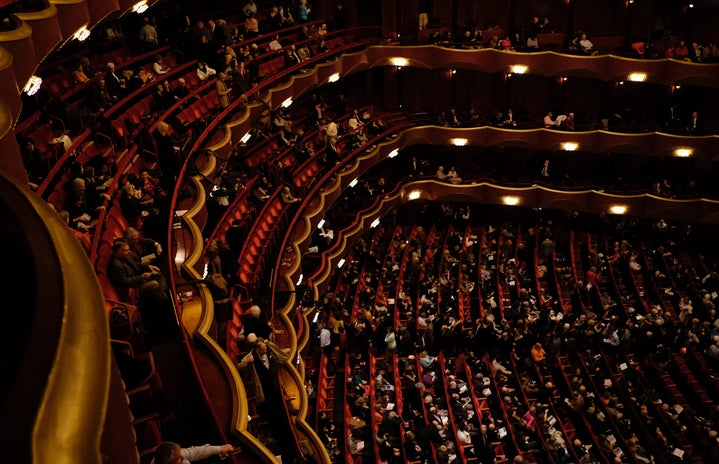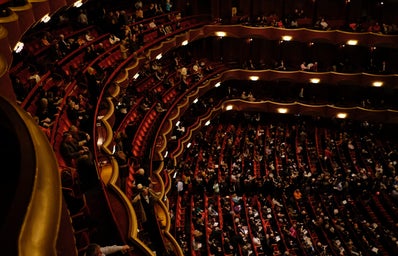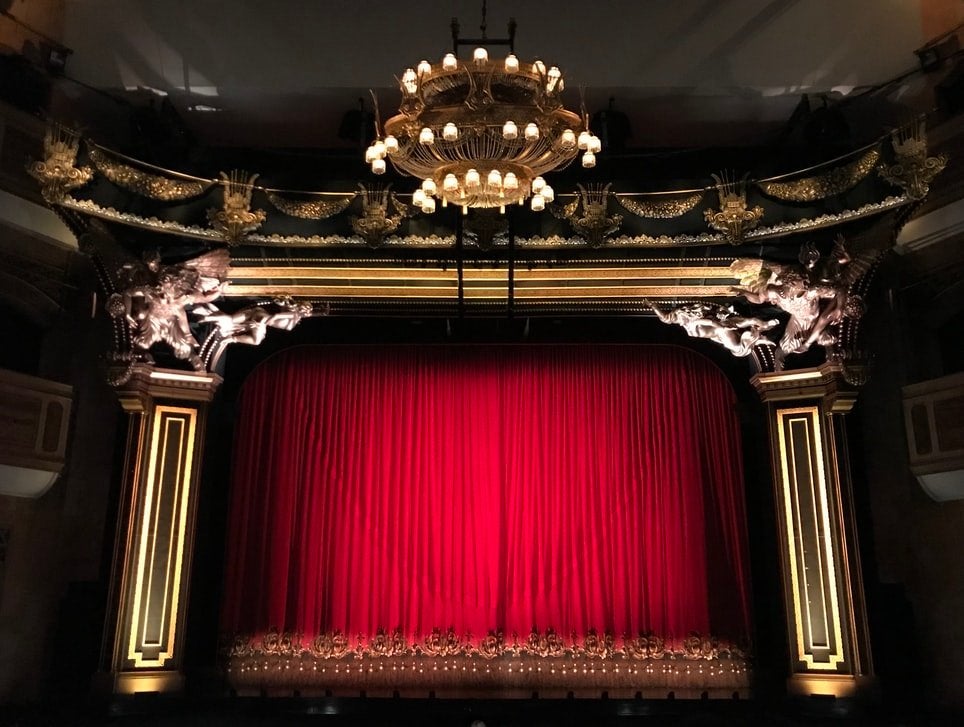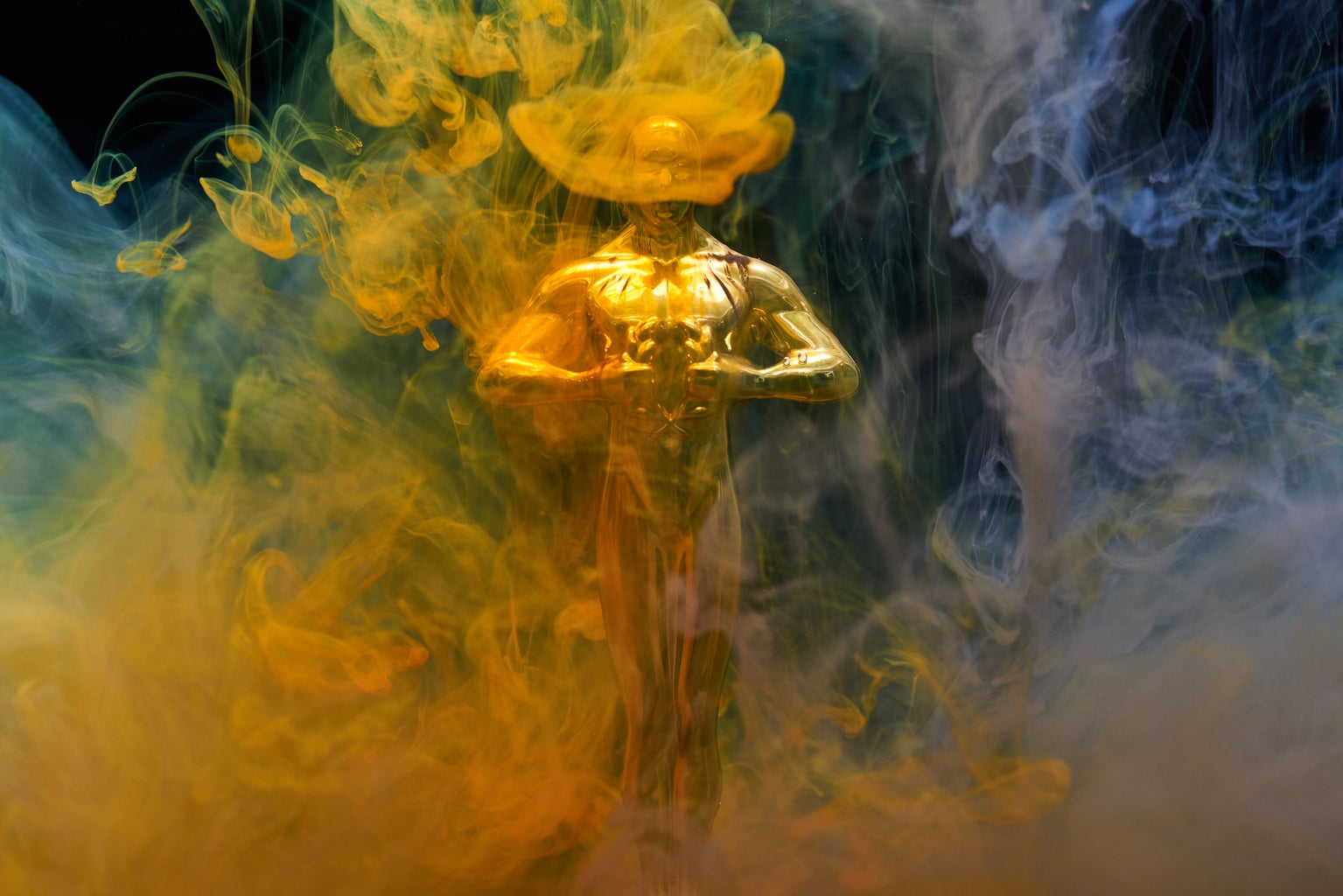UCR’s own Cabaret is an exhilarating take on the original. At once refreshing, hilarious and frightening, we watch the characters slowly devolve, and their country gradually yield power to the rising Nazi party. For those of us who had not seen or even heard of Cabaret before, we were first charmed, worried, and then devastated. In that order. The play illuminated a deeply troubling piece of history with wit, ardor, and charm.
Smoke wandered eerily across the stage, under the lights, toward the audience. Then, as the lights shut and the play began, we heard a door hinge creak on stage. Cabaret’s unflinching portrayal of life in 1930s Berlin came as a shock to many in the audience. They were visibly surprised by the play’s bawdy nature, dance numbers, and plot, and even more surprised to find what lay beneath it: the deep, pervading sense of humanity and its slow corruption.
The first half was dreamy, titillating, as we came to know and understand the vast array of characters and their place within Berlin. We experienced this mainly through the eyes of Clifford Bradshaw, a young American author who in many ways becomes the play’s sole conscience. We then came to know Sally Bowles (a young prostitute and associate of the Kit Kat girls), Ernst Ludwig (first friend then adversary toward Clifford), and Herr Schultz (the play’s lone Jewish character, who lies at the center of the plot and its history).
By the second half, we have watched the majority of characters accept the evil principles set in place by the Nazi party, and slowly face the fact that the “party’s over.” The wit and bawdy humor that so characterized the first half is completely gone, and the wrathful void of humanity is left reeling in its place. The play called to light several current political worries, particularly in light of Kanye West’s increasingly antisemitic comments. In truth, it was a parable.




